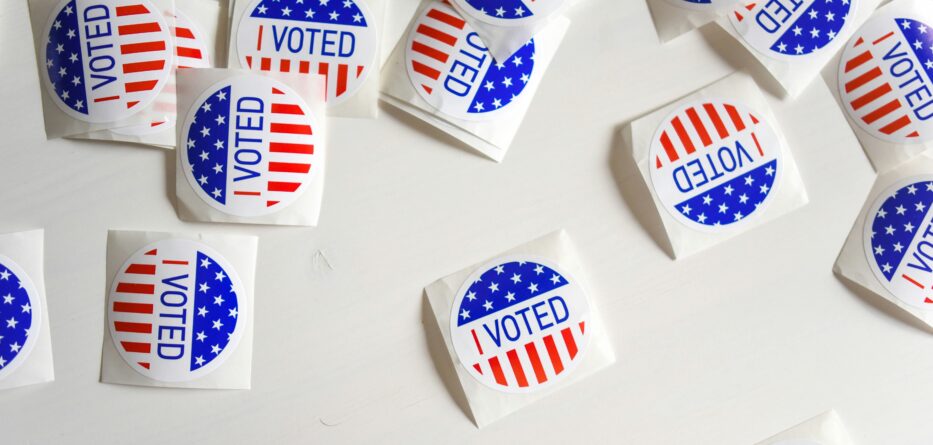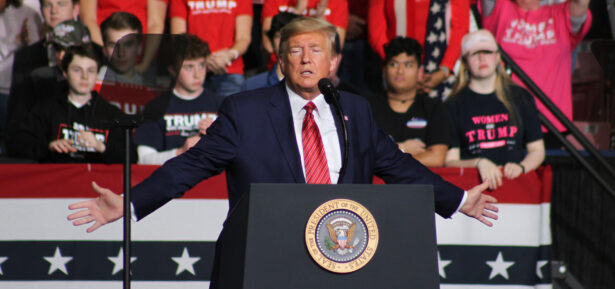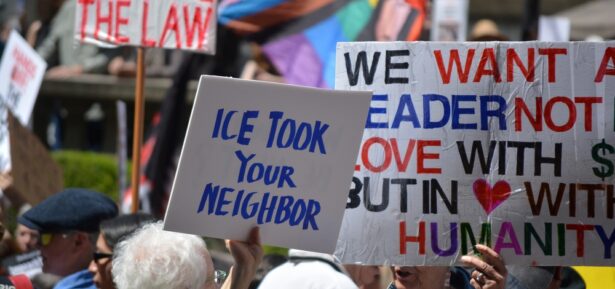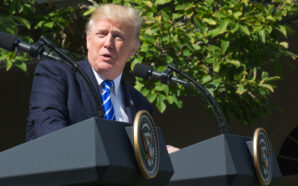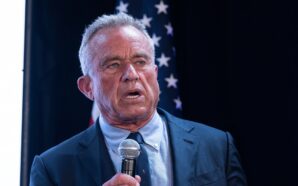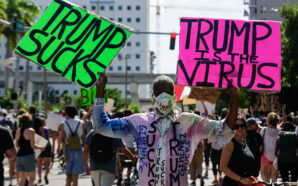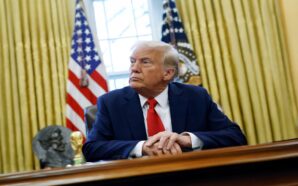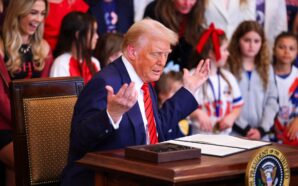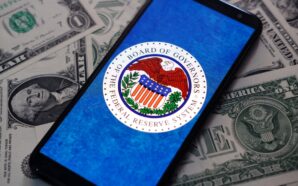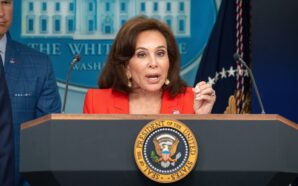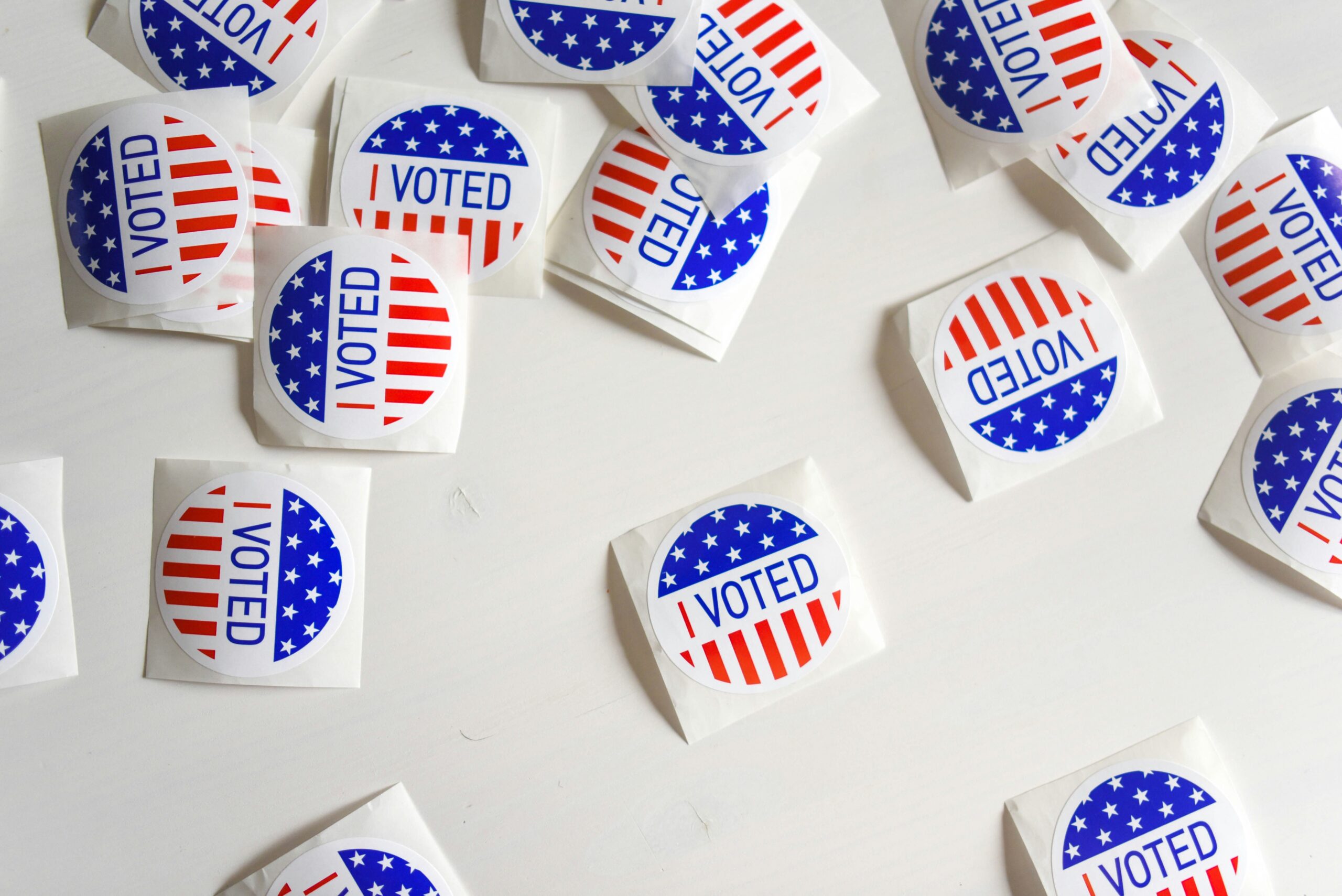
In a monumental decision, the Nebraska Supreme Court ruled on Wednesday that individuals with felony convictions who have completed their sentences are now eligible to vote, a move that could significantly influence the outcome of the upcoming November 5 election. The court’s ruling reverses an order by Secretary of State Bob Evnen, who had previously sought to block these individuals from casting ballots.
The decision is expected to impact thousands of Nebraskans, particularly in the Omaha-centered 2nd Congressional District, where both the presidential race and a key U.S. House seat are hotly contested. According to the American Civil Liberties Union (ACLU), Evnen’s directive could have disenfranchised over 7,000 voters in this critical district.
With Nebraska being one of only two states that allocate Electoral College votes by congressional district, the 2nd District has proven pivotal in past elections. In both 2008 and 2020, the district awarded its one electoral vote to Democratic candidates Barack Obama and Joe Biden, respectively. In a tight 2024 presidential race, that single vote could play a decisive role.
Democratic nominee Kamala Harris and Democratic groups have heavily invested in the Omaha-area district, spending millions to secure the district’s electoral vote. Their Republican counterparts, led by former President Donald Trump, are also vying for a win in what is shaping up to be a battleground.
The court’s ruling comes as Nebraska also faces fiercely competitive races for a U.S. Senate seat and the 2nd District’s U.S. House seat. Republican Senator Deb Fischer is up against a strong challenge from independent candidate Dan Osborn, while incumbent Republican Representative Don Bacon is once again facing Democratic state Senator Tony Vargas in a rematch of the 2022 election, which Bacon narrowly won with 51% of the vote.
“We are thrilled that the Nebraska Supreme Court has recognized the rights of individuals who have completed their sentences to fully participate in our democracy,” said Danielle Conrad, Executive Director of ACLU Nebraska. “This ruling not only restores the fundamental right to vote for thousands of Nebraskans but also ensures that our elections are more fair and representative.”
Secretary of State Evnen had issued the original order in July, directing county election officials to reject voter registrations from individuals with felony convictions, citing an opinion by Attorney General Mike Hilgers. Hilgers argued that only the state Board of Pardons—controlled by the executive branch—could restore voting rights, which contradicted a law passed earlier this year by the Legislature that immediately restored these rights.
The ACLU filed a lawsuit on behalf of two Nebraska residents who were at risk of losing their right to vote, and the case was expedited to the state Supreme Court due to the impending election.
The decision comes amidst a broader national conversation about restoring voting rights to people with felony convictions. Several states have recently reformed their laws, though hurdles remain. In Florida, for example, lawmakers undermined a voter-approved amendment to restore voting rights, resulting in arrests of individuals who had been allowed to register. Meanwhile, states like Maine and Vermont allow individuals to vote regardless of their incarceration status.
Nebraska’s ruling aligns with a growing trend toward re-enfranchising individuals with felony records. Nationally, nearly 5.85 million people remain disenfranchised due to felony convictions, with many laws rooted in Jim Crow-era policies that disproportionately affect Black Americans.
The last day to register to vote in Nebraska for the November 2024 general election is October 25. Election Day is November 5.
-
Credit: Shutterstock A Blow to National Security or a Win for Civil Liberties? In a polarizing 2-1 decision on...
-
Credit: Shutterstock President Donald Trump unveiled his latest White House addition Friday evening, turning the historic Rose Garden into...
-
Credit: Shutterstock ‘I don’t know,’ says HHS Secretary when asked about U.S. death count Robert F. Kennedy Jr., Health...
-
Credit: Shutterstock Attorney General calls it a “forced military occupation” Washington, D.C. has filed a lawsuit against the Trump...
-
Credit: Shutterstock Consumer slowdown and weak job growth raise concern The economist who sounded the alarm before the 2008...
-
Credit: Shutterstock Court says only a Senate-confirmed board has that power A federal judge has blocked the Trump administration’s...
-
Credit: Shutterstock “Workers Over Billionaires” rallies aim to send a national message Labor Day is shaping up to be...
-
Credit: Shutterstock Safety crackdown or political power play? The Trump administration has warned California, Washington, and New Mexico that...
-
Credit: Shutterstock Justice reform or political theater? President Trump has never shied away from bold moves, and his latest...
-
Credit: Shutterstock In a political twist that could have come straight out of a financial drama, Federal Reserve Governor...
-
Credit: Shutterstock When the Law Becomes a Chessboard, the People Always Lose Alina Habba, best known as one of...
-
Credit: Shutterstock Jeanine Pirro’s new policy is shaking up law, safety, and politics Washington, D.C., just got hit with...

